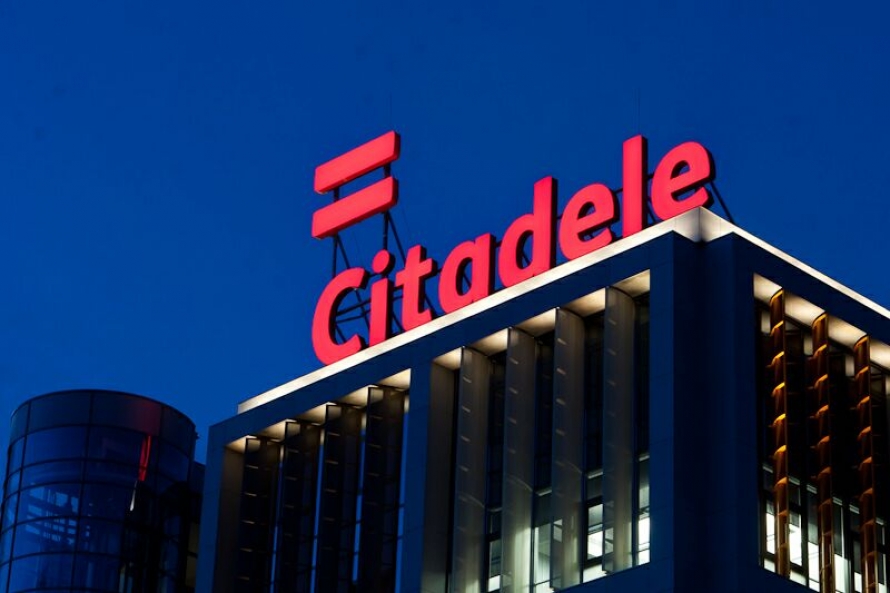In a written parliamentary answer to Dutch MPs, Dijsselbloem said: “The EBRD indeed has a put agreement with the Latvian Privatization Agency on the combined stake in Citadele and Reverta.”
Despite rumours of its existence, the put agreement has never previously been acknowledged by any senior officials and the reasons for its emergence in the Dutch parliament remain unclear.
A “put option”, “put agreement” or simply “put” is an agreement to sell a fixed quantity of a commodity, security or currency at a fixed price at a fixed date, generally done to ensure that if an asset or investment falls in value, the investor will be able to cash out their stake without suffering a substantial loss.
In the case of the 25% EBRD stake in Parex – which subsequently became stakes in both Citadele bank and the Reverta asset recovery firm – it would mean the EBRD could get most or all of its money back regardless of whether the companies succeeded or failed, making the investment essentially risk-free.
With government stepping up its efforts to sell off state stakes in Citadele bank and asset recovery firm Reverta – both created from the wreckage of bailed-out Parex bank – the exact size and nature of the put option could affect how much money the state ends up recouping of the more than €1.7bn it has sunk into Parex and its successor companies since 2009.

























